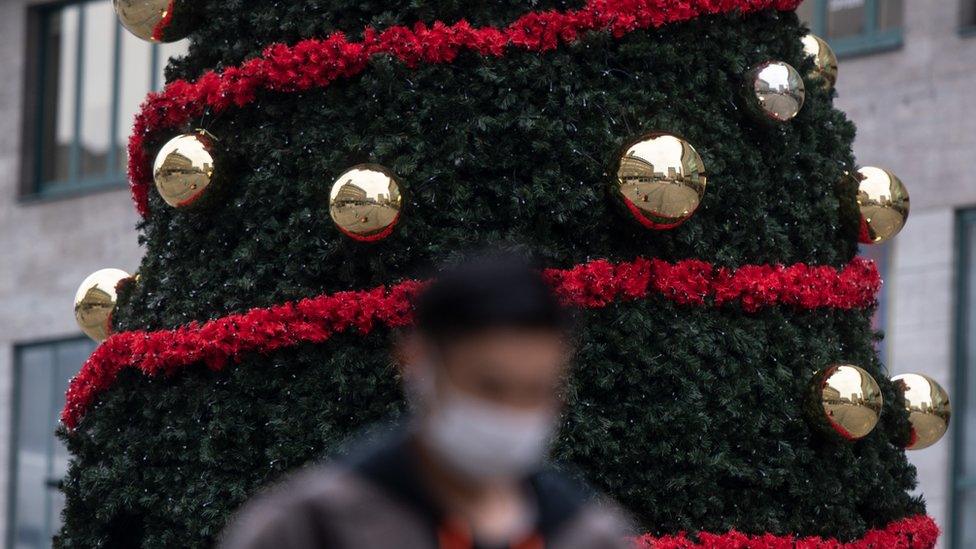Covid-19: Schools may need to close to some year groups, scientist warns
- Published
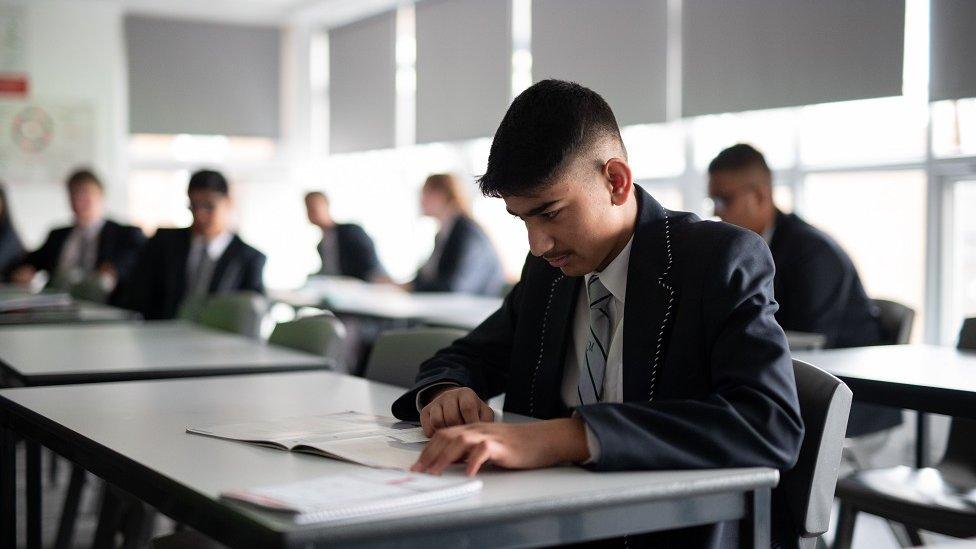
Schools may need to close to some year groups in order to get control over the coronavirus infection rate, a leading epidemiologist has warned.
Prof Neil Ferguson, who modelled the epidemic's impact for the government, said restrictions on household mixing "should have a significant effect".
But he said beyond that there was a "limit to what we can do" without sending some school year groups home.
Prof Ferguson also said if rules were relaxed, deaths would increase.
It comes as the UK government announced, external on Saturday there had been a further 23,012 confirmed cases and 174 new deaths.
More than seven million people in England are now living under the top level of coronavirus restrictions, with South Yorkshire the latest region to have new rules come into force.
The whole of Wales - 3.1 million people - is also seeing its first full day of national lockdown, which is due to last for 17 days.
Cases rising in most age groups
Speaking on BBC Radio 4's Today programme, Prof Ferguson - who quit his role from the government's Scientific Advisory Group for Emergencies in May after breaking lockdown rules - said the situation was "worrying".
"We now have 8,000 people in hospital with Covid. That is about a third of the level we were at at the peak of the pandemic in March," he said.
"If the rate of growth continues as it is, it means that in a month's time we'll be above that peak level in March and that is probably unsustainable.
"We are in a critical time right now. The health system will not be able to cope with this rate of growth for much longer."


Prof Ferguson, who leads Imperial College London's Covid-19 response team, said it was "too early to say" if current restrictions were having an effect and "we'll have to wait another week or two".
He said while there were "little hints" of slowing, for example in the North East of England, "we're not seeing the sort of slowing that we really need to get on top of this".
"What we're seeing is case numbers coming down quite quickly in a narrow age band, in 18-21 year olds," he said.
"Unfortunately in every other age group case numbers continue to rise at about the same rate they were."
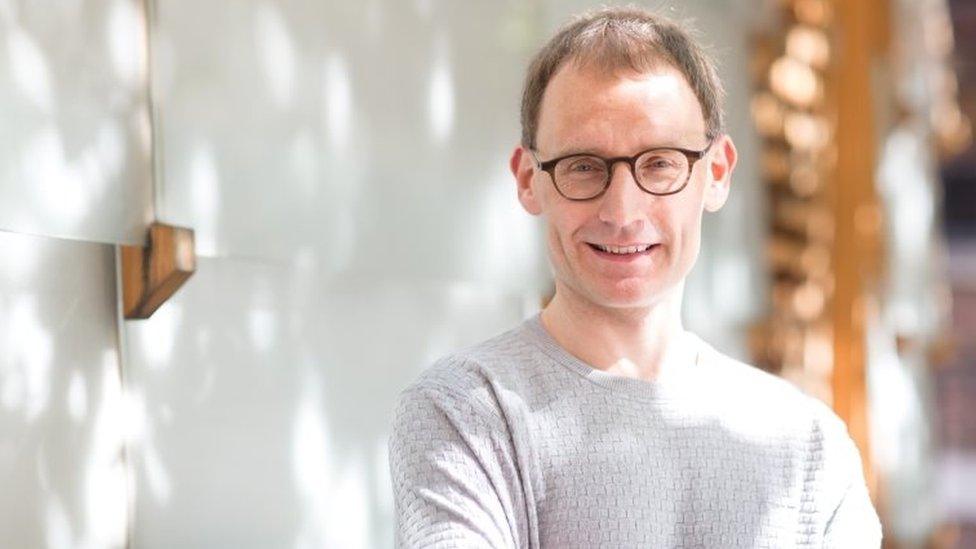
Prof Neil Ferguson's modelling of the spread of coronavirus was key to the government's decision to bring in the lockdown
He said the impact of rules on households mixing should be "significant" - although "as yet we haven't been able to see it definitively".
He added: "If we go beyond that there is a limit to what we can do in terms of reducing contacts, short of starting to target, for instance, the older years in schools and sixth form colleges where we know older teenagers are able to transmit as adults.
"Of course, nobody wants to start moving to virtual education and closing schools even partially. The challenge may be that we are not able to get on top of the transmission otherwise."
The UK government has been keen not to close schools again, with Boris Johnson saying it was a "national priority" for children to be in school.
Christmas a 'balancing act'
Prof Ferguson was also asked about Christmas and what the impact would be of relaxing lockdown rules for one or two days.
"It's always a balancing act," he said. "It risks some transmission and there will be consequences of that. Some people will die because of getting infected on that day.
"But if it's only one or two days the impact is likely to be limited. So that really is a political judgement of the costs versus the benefits."

SOCIAL DISTANCING: Can I give my friends a hug?
THREE TIERS: How will the system work?
PAY-PACKET SUPPORT: What will I be paid under the new scheme?
VACCINE: How close are we to finding one?

It comes after No 10 said it was Prime Minister Mr Johnson's "ambition" for people to celebrate Christmas with their families.
The PM was "hopeful" that some aspects of our lives could be "back to normal" by then, No 10 added.
But that differed to comments made by other politicians and scientists.
Prof John Edmunds, who sits on Sage, said the idea that people could "carry on as we are" and then have a normal Christmas with friends and family was "wishful thinking in the extreme".
Another Sage scientist said last week that Christmas was unlikely to be the "usual celebration" of "families coming together".
Meanwhile, Scotland's national clinical director Jason Leitch has said people should prepare for "digital celebrations", while Wales' first minister said the priority was "saving lives not saving Christmas".
- Published24 October 2020
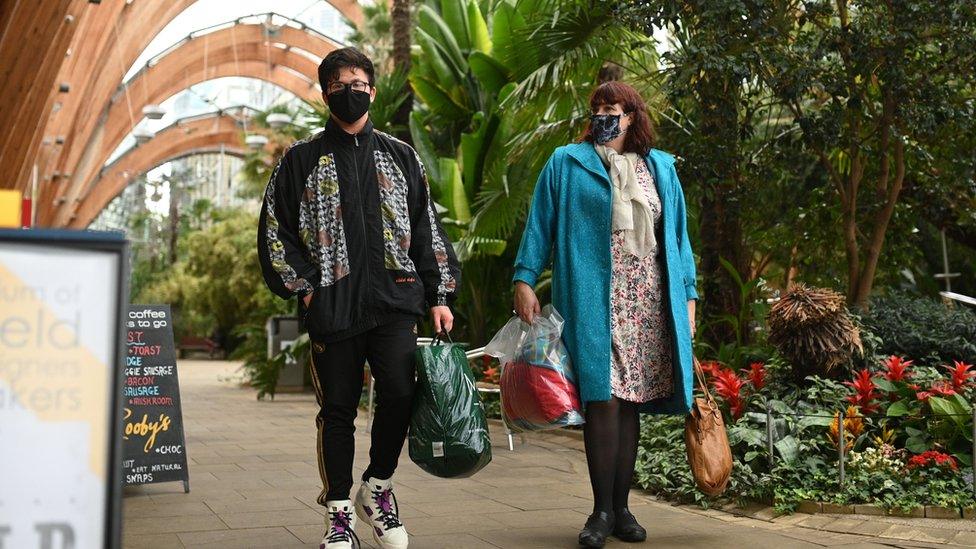
- Published5 July 2023

- Published24 October 2020

- Published26 November 2020

- Published1 July 2022

- Published26 January 2022
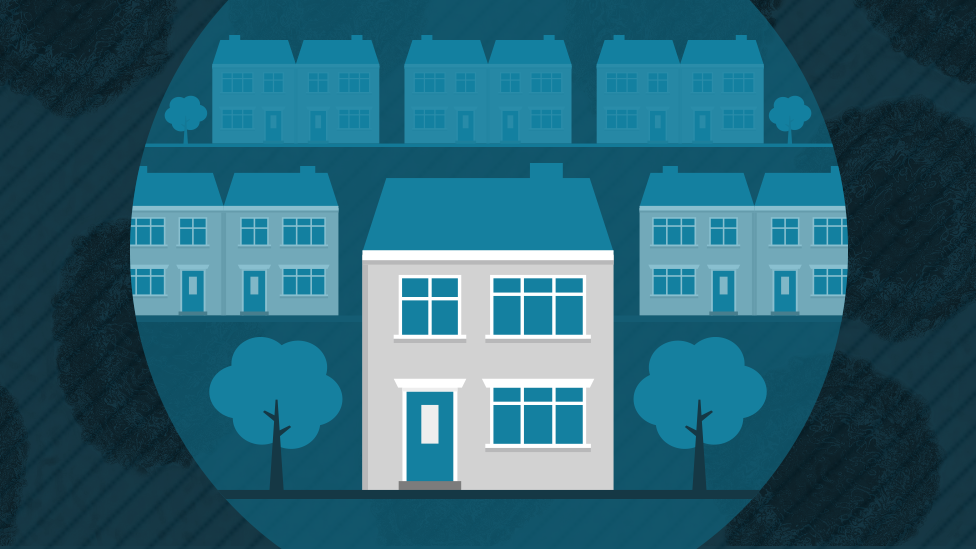
- Published23 October 2020
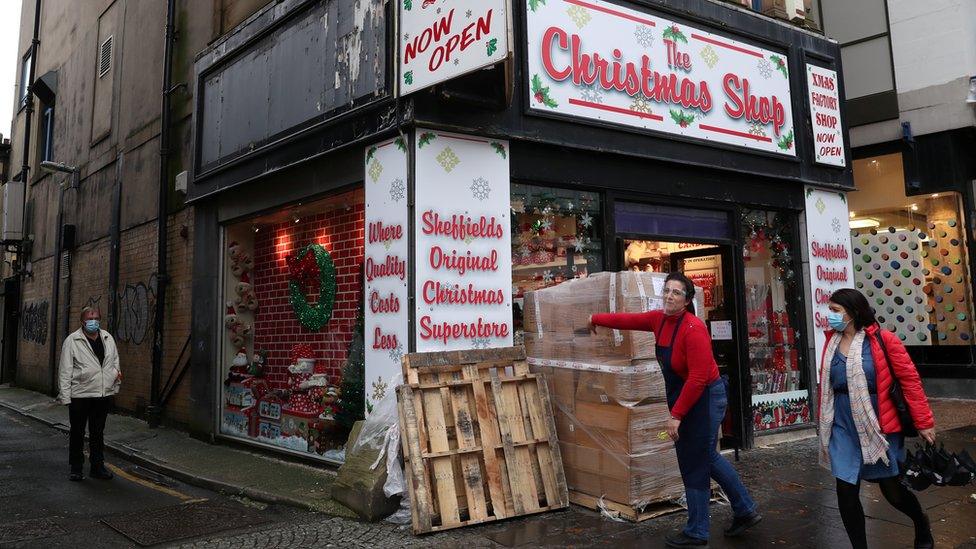
- Published18 October 2020
